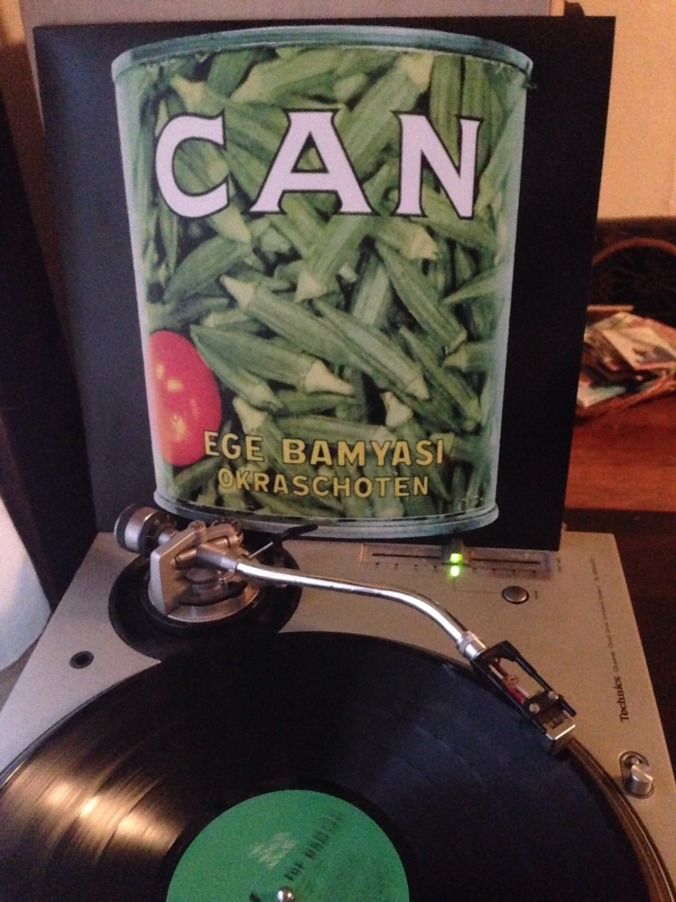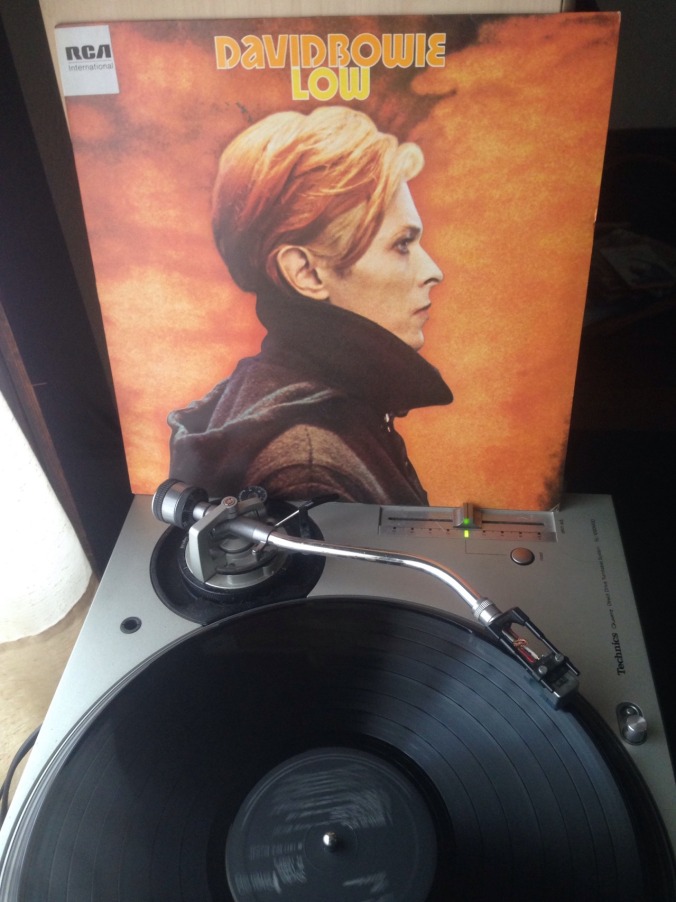 Few musical movements are as weird, wonderful, and influential as Krautrock, a collection of West German bands in the 1970s that pushed the boundaries of what music could actually do to its extremes. The movement had an incredible influence on post punk, progressive rock, new age, shoegaze, and the birth of post rock. The shape of modern, electronic leaning pop music can be traced back to Krautrock, specifically the synthpop pioneers Kraftwerk.
Few musical movements are as weird, wonderful, and influential as Krautrock, a collection of West German bands in the 1970s that pushed the boundaries of what music could actually do to its extremes. The movement had an incredible influence on post punk, progressive rock, new age, shoegaze, and the birth of post rock. The shape of modern, electronic leaning pop music can be traced back to Krautrock, specifically the synthpop pioneers Kraftwerk.
But perhaps no band in Krautrock was more influential than Cologne’s Can, whose sprawling jazz-and-funk jams, improvised vocals, psychedelic exploration, tape editing techniques, and ambient experimentation went on to define Krautrock and influence everyone from David Bowie to Radiohead to Joy Division to the Flaming Lips to Kanye West.
Among their monstrous catalog (they recorded ten albums between 1969 and 1979), most fans and critics agree that the pinnacle of their career was the trilogy of records featuring vocalist Damo Suzuki, which includes the criminally underrated Future Days, the seminal Ege Bamyasi, and this, the eldritch, immense Tago Mago.


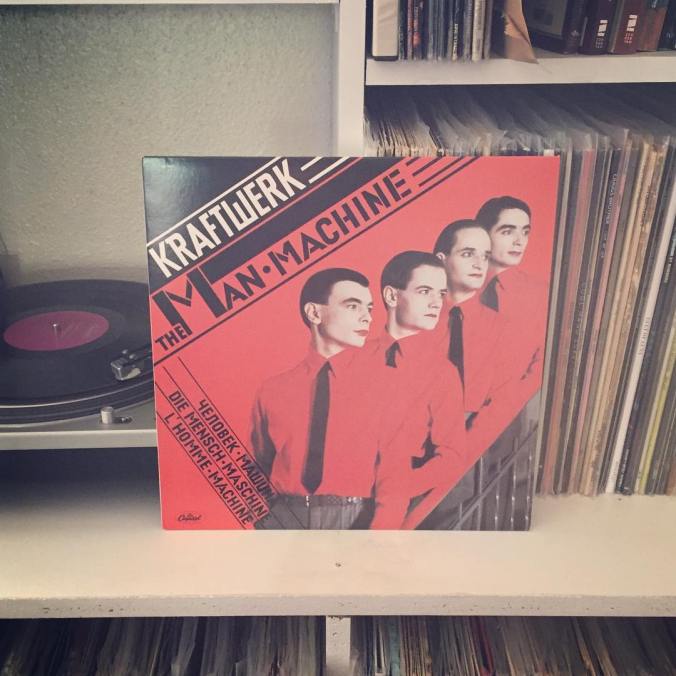 Throughout their career, Kraftwerk had operated in the tension between their humanity and the cold mechanical tools they employed to compose their music.
Throughout their career, Kraftwerk had operated in the tension between their humanity and the cold mechanical tools they employed to compose their music.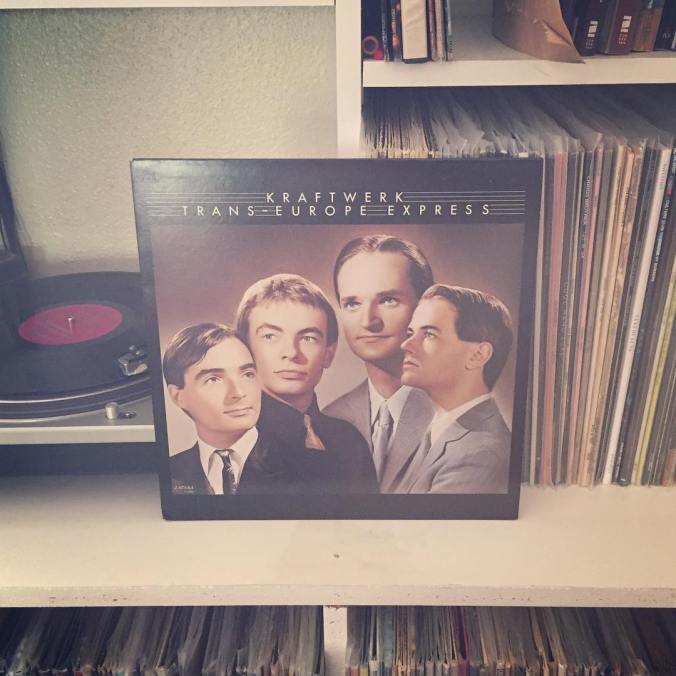 While
While 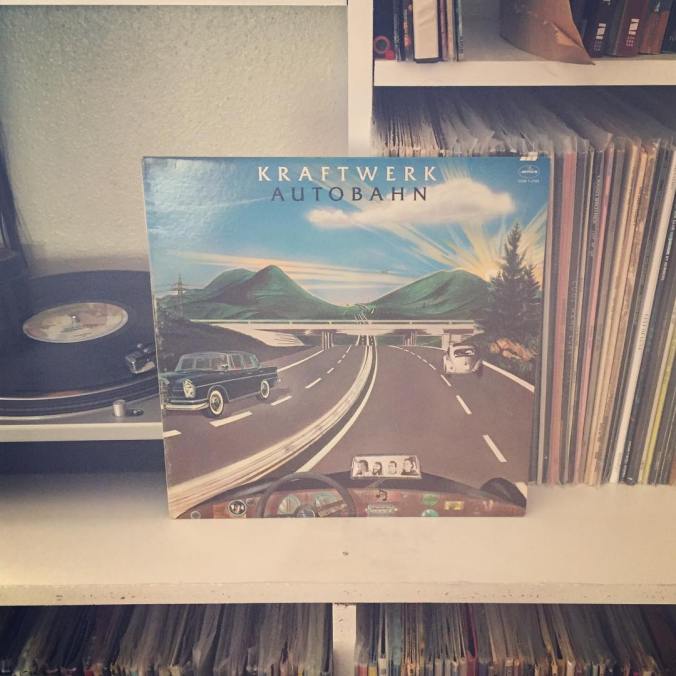 Before there was
Before there was 